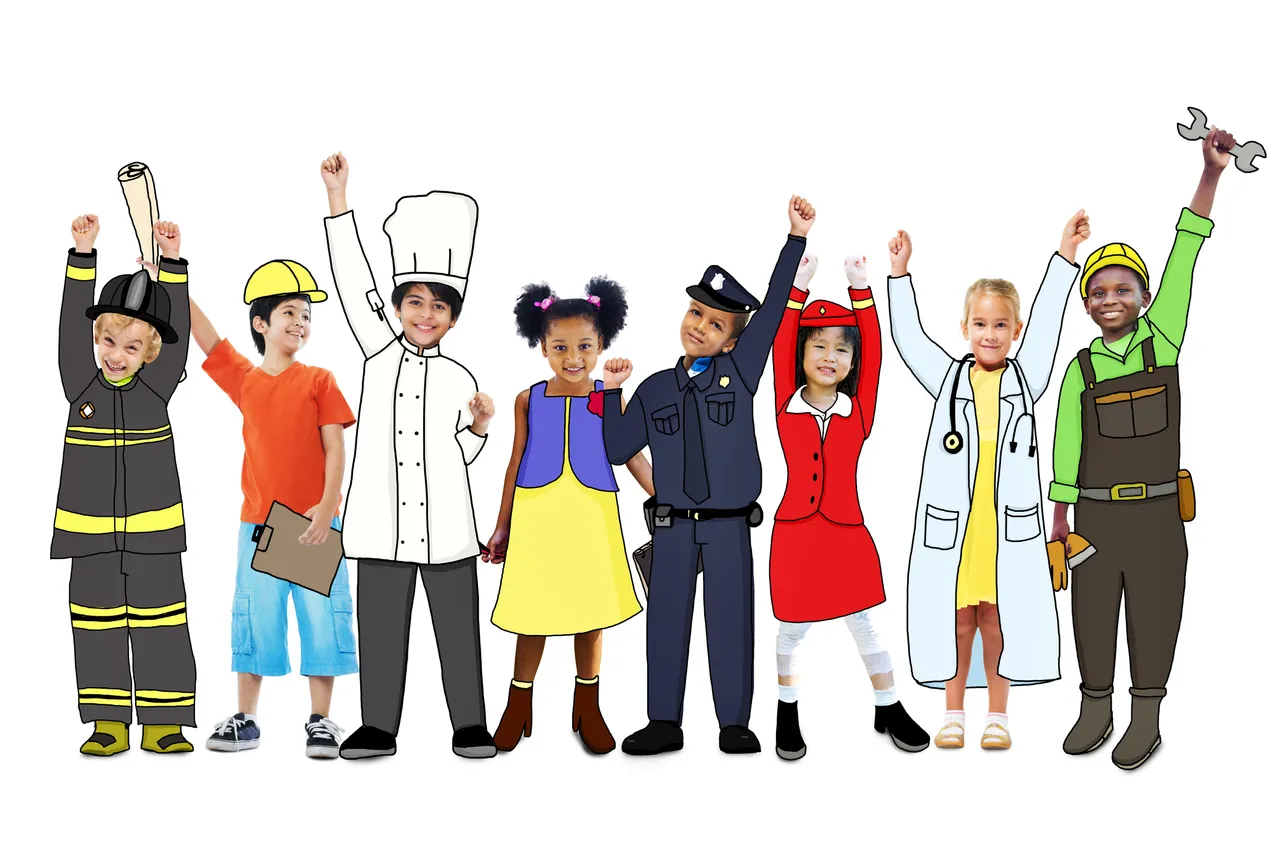Most adults talking to a child have the annoying tendency to ask: 'What do you want to be when you you grow up'? The answers small children give to such question are sweet and fun. Small children are allowed to answer astronaut or lion tamer – no worries, they'll grow out of it when they figure out how the real world works.
Older children, however, are expected to come up with sensible answers – you know, doctor or businessman. A career choice to make their parents proud. If the poor child dares to shrug the question with a mumbled 'I don't know', the adults feel the need to offer some helpful suggestions, based on the child's favorite subjects – another question grown-ups like to throw at every child they meet.
An honest answer, like 'How do you want me to know what I'd like to do as a grown-up. I'm only ten', will not do.
In many parts of the world, the public education system is designed to force the pupils to make a decision as early as possible. In my country, for instance, children are expected to have some idea about their future by the time they're 14, when they have to choose the high-school they'd like to attend. When they do start high-school, there's no more time to lose. They need to focus on the subjects required for admission exams at he college of their choice – because they must have made a choice by that time.
Parents and the extended family are often those that put the most pressure on the kids, sometimes debating the merits of various careers while completely ignoring the children who are right there, in the same room. Careers are discussed in terms of money, primarily. The pros, rarely the cons.
Children are judged in respect to the best possible career (job) they can achieve. The question of what they would like does not come into question. A straight A pupil is expected to want to go to a good college and work hard to get a good job, although what he likes most is writing stories. There's no money in writing – parents object shooting down the child's dream.
Faced with the disdain of their elders, many kids just give up on their dreams and resign themselves to achieving the goals others set for them.
The main job of parents should be to refrain from pushing their own ideals on their children and try to help them discover what makes them happy, what do they see themselves doing in the future.
Give them time – you cannot expect a teenager to make such important decisions with the limited life experience they have. Youngsters should be encouraged to take a gap year before starting college – to discover the world as adults, see what they might want to do with their own lives. Unfortunately, some countries have pushed legislation penalizing kids who choose to take a break.
Course correction – Children should be taught that it's OK to change your mind. Maybe they discover they don't actually care for the job they've decided upon when they where 15. How do they tell that to their parents who have worked so hard to help them get there. In my country, parents spend a small fortune on private tutors to get their kids to medical school. These kids cannot simply go to their parents after one year and say they've changed their minds and would rather become musicians or fashion designers. Not necessarily because they fear the parents' anger, but because they cannot face their disappointment.
Giving advice to others is something everybody's good at, but, before telling their children what to do with their lives, parents should take a good look at what they've done with their own lives and admit that maybe they don't have all the answers.
Thanks for reading



